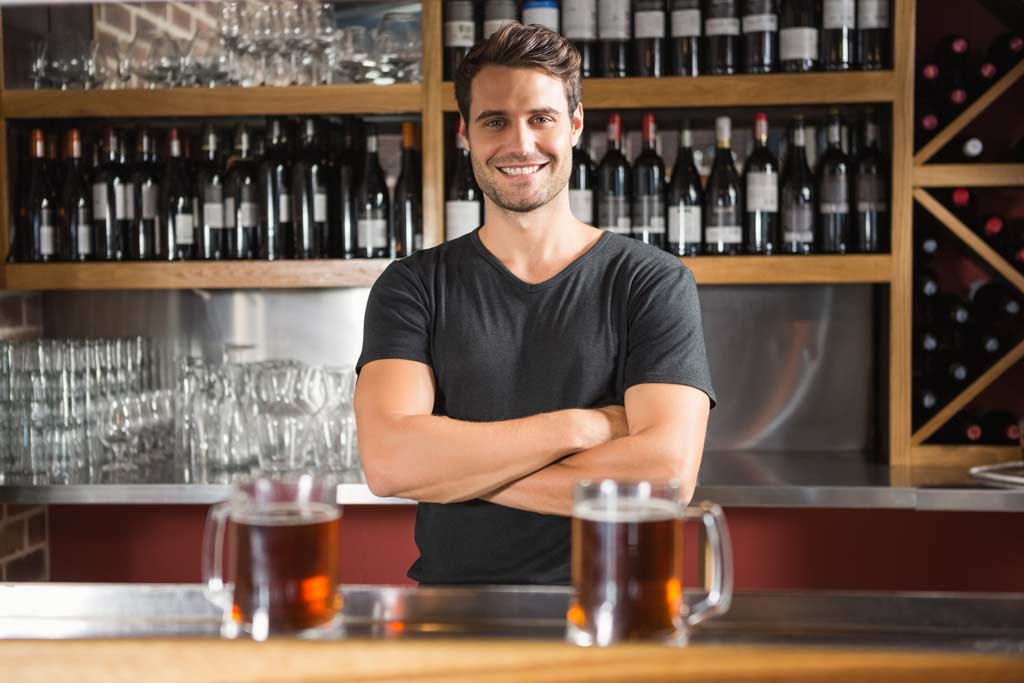
The Court concluded that the law was intended to prevent undue physical labor rather than promote religion. 1145 (1885), the Court upheld a law that barred physical labor on Sunday. After the failure of prohibition and the legalization of alcoholic beverages in 1933, many states and localities used their blue laws to prevent the operation of liquor stores and bars on Sunday.īetween 18, the Supreme Court heard eight cases involving blue laws. These prohibitions sometimes banned the sale of tobacco products and by the late nineteenth century, certain public entertainments were not allowed on Sunday. The rise of the temperance movement after the Civil War led to the passage of many blue laws that forbade the sale of liquor on Sunday, whether in a bar or in a retail store. The Court reasoned that boats are works of necessity that are not bound by Sunday closing laws. Supreme Court held that a railroad that left debris in the water is not excused for damage to a commercial boat that sailed on Sunday. Philadelphia and Havre de Grace Steam Towboat Co., 64 U.S.


For example, in Philadelphia, Wilmington, and Baltimore Railroad Co. By the late 1850s, the courts had been called upon to analyze the effect of blue laws on liability issues. In the nineteenth century, the enactment of these laws proceeded west with the expansion of the United States. Instead, they were meant to respect the Christian Sabbath. These laws were not based on concerns that workers deserved a day of rest. Many states and towns, however, passed laws to forbid merchants and laborers from working on Sunday. The decline of Puritanism and religious-based governments in the 1700s signaled a decline in laws that banned personal activities on Sunday. Some have speculated that the use of the word blue came from a connotation that suggested a rigidly moral position, akin to the term bluenose that refers to a prudish, moralistic person. Historians, however, have concluded that this claim was false, as were many of the laws he purported to have discovered. He claimed that the laws were printed on blue paper, hence the terminology. In 1781, the Reverend Samuel Peters published A General History of Connecticut, in which he used the term blue laws to refer to a set of laws that the Puritans had enacted in the 1600s to control morality. Many blue laws have been repealed since the 1960s, but some laws that ban the sale of alcohol on Sunday remain in force. Supreme Court has ruled that they do not violate the First Amendment's Establishment Clause. Although these laws were clearly based on Christian beliefs, the U.S. In the nineteenth century, however, state and local governments passed laws that forbade businesses from operating on Sunday. Originally these laws were directed at personal activities regarded as moral offenses, such as gambling or the consumption of alcohol. These laws, which today are usually referred to as Sunday closing laws, prohibit certain types of commercial activity on Sundays. The exceptions to the new liquor law is Christmas and Easter Sundays.A state or local law that prohibits commercial activities on Sunday.īlue laws have been part of U.S. But it’s the sell of the bottle that patrons purchase and take home, that is changing from 1 p.m.

Food products or pharmaceutical products. “It could be a liquor store and others may also sell other type of products. Senate Bill 561, known as the Brunch Bill, allowed for restaurants to sell alcohol on Sundays beginning at 10 a.m.īeer is still allowed to be purchased as early as 6 a.m. The law goes into effect on Sunday, which was 90 days from its passage on June 24. Prior to the passage of Senate Bill 2020, it was 1 p.m.,” Gig Robinson, Education/PIO with WVABCA told MetroNews. “Retail liquor outlets that sell bottles to go may now start at 6 a.m. on Sundays in West Virginia, an earlier time from the previous 1 p.m. West Virginia businesses that sell liquor bottles will be able to sell those items to patrons even earlier on Sundays, beginning this weekend.Īccording to the West Virginia Alcohol Beverage Control Administration (WVABCA), you can now purchase liquor starting at 6 a.m.


 0 kommentar(er)
0 kommentar(er)
